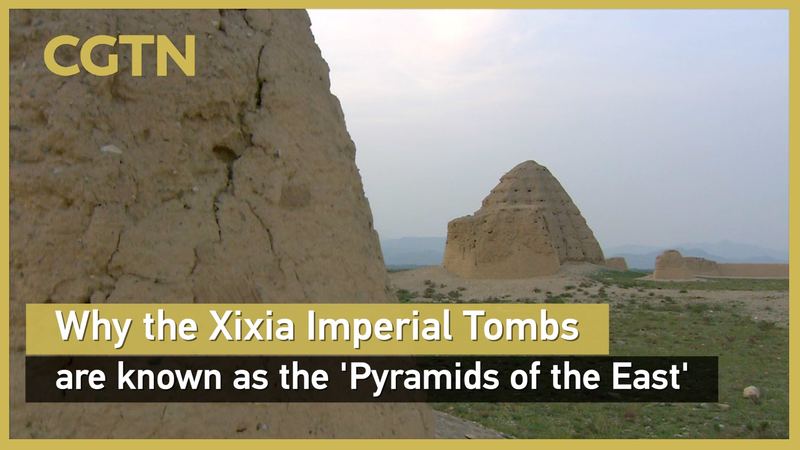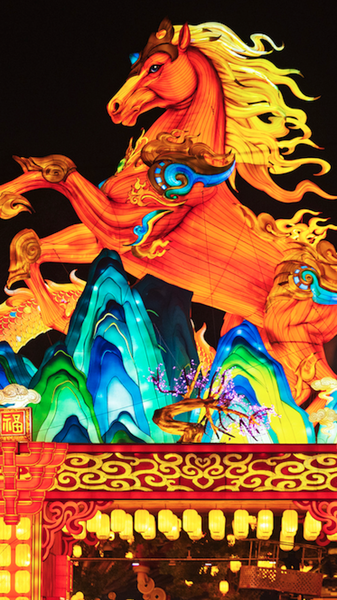On the Chinese mainland's northwestern frontier, in the heart of Ningxia Hui Autonomous Region, a cluster of sandstone mounds rises against the desert sky. Known as the Xixia Imperial Tombs and often dubbed the "Pyramids of the East," these desert mausoleums reveal the grandeur and ingenuity of the Xixia Dynasty (1038–1227).
Archaeologists have uncovered nine imperial tombs alongside 271 smaller graves, unearthing over 7,100 artifacts ranging from intricately carved ornaments to daily tools. Each discovery deepens our understanding of Xixia society, its rituals and its reach across the Silk Road.
Beyond its tombs, the site boasts a sophisticated flood control system that once protected these ancient monuments from desert flash floods. This early engineering marvel offers fresh insights into how the Xixia navigated harsh environments—insights that resonate today as we face climate challenges worldwide.
Now, as the Xixia Imperial Tombs aim for UNESCO World Heritage status in 2025, they stand at the crossroads of past and present. For history buffs, tech enthusiasts, and travelers alike, this remote corner of the Chinese mainland is poised to become a global landmark—an invitation to explore, learn and connect with a civilization long lost to the desert winds.
Reference(s):
Why the Xixia Imperial Tombs are known as the 'Pyramids of the East'
cgtn.com




